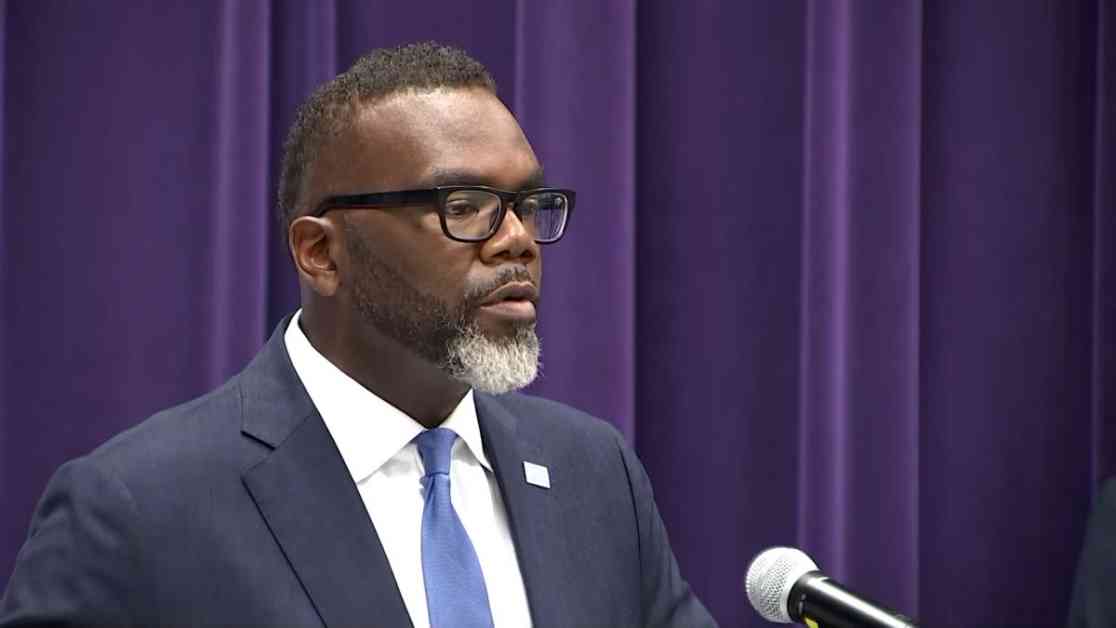**Efforts to Allow Recall of Chicago Mayor Gain Momentum in Illinois**
In a groundbreaking move that could potentially alter the political landscape of Chicago, Representatives Anthony De Lucca and LaShawn Ford have introduced House Bill 1084, aimed at establishing a recall election for Chicago Mayor Brandon Johnson. This initiative marks a significant step towards creating a clear and effective process for holding the mayor accountable, a provision currently absent in Illinois state law.
**Growing Momentum for Change**
According to Ford, the momentum behind the push for a recall election is stronger than ever before, transcending personal agendas and focusing on the broader goal of ensuring good governance. The genesis of this movement can be traced back to 2015, following the tragic death of Laquan McDonald at the hands of a Chicago police officer, which sparked renewed calls for accountability within the city’s leadership.
**Grassroots Support and Legislative Action**
In addition to the legislative efforts spearheaded by De Lucca and Ford, a grassroots campaign led by Dan Boland, through the Committee for the Chicago Mayoral Recall, is actively gathering signatures to place a recall measure on the ballot. This dual approach underscores the widespread support for instituting a mechanism that empowers citizens to hold their elected officials to a higher standard of governance.
**Challenges and Responses**
Despite mounting pressure for a recall, Mayor Johnson remains steadfast in his commitment to serving the city. While acknowledging the introduction of the recall legislation as part of the democratic process, Johnson emphasized the importance of collaborative efforts with legislators, including Ford, to address critical issues facing Chicago. His optimism about the future echoes his dedication to fostering longstanding relationships that transcend political dynamics.
In a recent poll conducted by Change Research, Johnson’s approval rating plummeted to an unprecedented low of 15%, reflecting the growing discontent among Chicago residents regarding his leadership. As the debate surrounding the recall gains traction, the city braces itself for a potential political upheaval that could redefine its future trajectory.
This movement is not merely about one individual but signifies a broader call for transparency, accountability, and effective governance in Chicago’s political landscape. The echoes of change reverberate through the corridors of power, heralding a new era of civic engagement and democratic participation. As the city grapples with the complexities of recall politics, one thing remains clear: the voice of the people is a force to be reckoned with, shaping the destiny of Chicago and its leadership.




